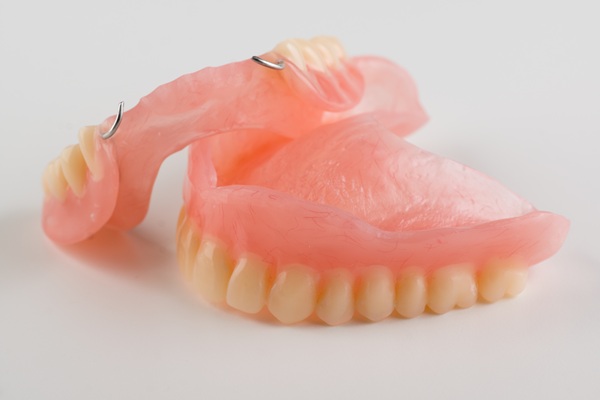Signs of Toothache Pain in Adults

Thanks to general dentistry practitioners, there are now many ways to deal with and manage toothaches. A toothache refers to pain in the mouth that is caused by something being wrong with a tooth. It is the body’s way of letting you know a tooth is damaged and it needs to be fixed.
Causes of toothaches
A toothache can be caused by a variety of dental health issues. It is important for patients to know the causes so that they can seek out treatment quickly. The most common causes of toothache include a fractured tooth, an abscessed tooth or a decaying tooth. In addition, a damaged dental restoration like a filling or an infected tooth or gums can cause pain to a patient. Lastly, bad oral habits like teeth grinding and chewing gum often can be another cause.
Signs and symptoms
Some toothaches come and go, while others are persistent. While patients are advised to go to a general dentistry practice to figure out the cause of the tooth pain, some toothaches require urgent dental treatment. The signs and symptoms that patients might experience include:
- Swelling around the affected area
- A headache or fever
- Pus coming out of the infected tooth
- Toothaches that have lasted for more than 48 hours
- Severe toothaches that leave the patient unable to focus on anything else
- Pain in the ears
- Pain when the mouth is opened wide
These symptoms are typically a good sign there is an infection. Treating this immediately is extremely important since the infection can spread to other areas of the body like the brain and heart. If left untreated, it can eventually lead to a life-threatening condition.
How general dentistry practitioners treat toothaches
When a patient goes into a dental clinic complaining about toothaches, one of the first things the dentist will do is conduct a physical examination and go over the patient’s medical history. Diagnostic tests like X-rays might be taken to evaluate what is going on underneath the patient’s gums. A proper diagnosis allows the dentist to effectively treat the affected tooth.
Treatment options for toothaches
How a dentist goes about treating a toothache depends on the cause. For example, if the patient’s toothache is being caused by an infected tooth, a root canal can be performed to treat the tooth. If the pain is being caused by a faulty dental restoration, the dentist can simply repair or replace it.
Preventing toothaches
Many toothaches can be prevented by simply taking good care of the mouth. Good oral hygiene starts with brushing two times a day. One of these times should be right before bedtime since the mouth is more vulnerable to bacteria during sleep because less saliva — the mouth's natural cleaner — is produced. That means the bacteria and food particles that build up in the mouth during the day get to wreak havoc on teeth at night if a person does not brush before going to bed. Dentists also recommend flossing once each day and using an antibacterial mouthwash to fortify the mouth.
Do not live with pain
While there are many over-the-counter toothache relievers nowadays, you should never be content with just managing the pain. Most toothaches will turn into something worse if you ignore them for long enough. Reach out to your Milwaukee clinic so your dentist can permanently bring an end to your toothache.
Request an appointment here: https://www.esdmke.com or call Eastside Dental at (414) 888-4000 for an appointment in our Milwaukee office.
Check out what others are saying about our services on Yelp: Read our Yelp reviews.
Related Posts
A cosmetic dentist often hears concerns about whitening discomfort and can explain why sensitivity sometimes increases during treatment. Whitening products lift stains by allowing active ingredients to move through enamel, which can temporarily irritate the tooth's inner structures. Understanding what causes sensitivity and how to reduce it helps patients pursue a brighter smile more comfortably.Whitening…
Dentures are a widely used solution for individuals who have lost multiple teeth. However, despite their long history and proven effectiveness, several misunderstandings about dentures persist. These misconceptions can lead to unnecessary hesitation or to people not pursuing the care they need, affecting their oral health and comfort. Clarifying these misunderstandings can help those considering…
Routine dental cleanings help maintain the health of your teeth and gums by removing plaque and tartar buildup. However, practicing good oral hygiene at home is essential to prevent oral health issues between visits. Taking proper care of your teeth daily ensures a bright, healthy smile over time.Brushing teeth at least twice daily helps keep…
A dental implant restoration is a significant investment in your oral health. This tooth replacement option offers durability while improving the function and appearance of your smile. However, there are ways how you can ensure the long-term success and integrity of the restoration.Keeping good oral hygiene is important for the longevity of a dental implant…


